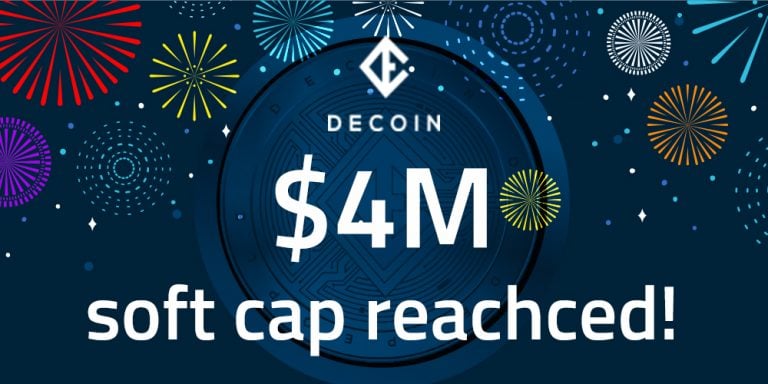
2018-8-4 23:48 |
The Distributed 2018 conference that recently took place in San Francisco was accompanied by a new edition of the Distributed Dialogues podcast, a collaborative show between the Let’s Talk Bitcoin Network and Distributed Magazine.
With a focus on introducing listeners to blockchain technology thought leaders and innovators, the latest episode featured a trio of thought leaders. The first segment was an interview with Laura Shin, host of the crypto/blockchain podcasts Unchained and Unconfirmed, and formerly a Forbes editor. Talking with host David Hollerith, Shin weighed in on a question of increasing importance: Can journalists who hold a particular cryptocurrency report objectively on that cryptocurrency? Since their reporting on the space can reinforce market patterns such as momentum, it’s a self-examination that matters.
For the listener who may have assumed that having a working knowledge of their topic was simply a good thing, this is a thought-provoking point. Shin’s past experience as a journalist showed her firsthand that different media outlets could have very different policies, with owning and disclosing being fine at Forbes, while cryptocurrency ownership, save for tiny amounts, is prohibited at the New York Times.
“I see the rationale for all of these different policies,” Shin said, “and depending on the journalist, some people could go with the more flexible policy, and others need the really strict one. What it boils down to is that … every individual person who buys into these cryptocurrencies, they need to do their own research. You hear this all the time, but that is the truth of the matter.”
A visit from Aaron van Wirdum, technical editor for Bitcoin Magazine, also touched on the topic of whether or not cryptocurrency journalists can themselves hold cryptocurrency and still report objectively on the space.
“For me, bitcoin is just my money of choice,” van Wirdum replied. “If you’re holding U.S. dollars as a journalist, does it mean you can’t cover what the Federal Reserve is doing? Or if you live in the United States, does it mean you can’t cover elections in the United States? You always have a stake in what’s happening in the world, and what’s happening around you, so the solution is to be honest and transparent about that.”
Po.etDuring the sponsored segment, the show shifts from the journalistic ethics of covering blockchain technology to its opportunities for entrepreneurship in the arts, as host of The Tatiana Show, Tatiana Moroz, sat down in a sponsored interview with Po.et CEO Jarrod Dicker.
A blockchain-based decentralized protocol for content ownership, discovery and monetization, Po.et is “trying to build a standard for content value or creator value on the web where we could build a protocol that allows us to build reputation around each creator set,” Dicker explains.
“That could be music, that could be journalism, physical art, digital art, but really give a platform for them to build that reputation and drive more value directly to them via monetization.”
According to Dicker, Po.et strives to be an “all-creator tool” that serves multiple forms of media. “That could be Pro Tools, WordPress, YouTube, Medium, Microsoft Paint, anywhere where people are putting IP and value on something. How can we immediately have that hooked, have that authorship and attribution stamped on the chain, be able to pull through all that metadata and information to have a proof of existence? Then taking it a step further, how do we build proof of effort within there?”
From that point, content can be licensed on the Po.et platform, said Dicker, creating “an end-to-end decentralized way for you, as a creator, to get the most value out of the work that you’re doing.”
Disclaimer: The parent company of Bitcoin Magazine, BTC Media, LLC, is an affiliate of Po.et.
This article originally appeared on Bitcoin Magazine.
origin »Distributed Credit Chain (DCC) íà Currencies.ru
|
|





























